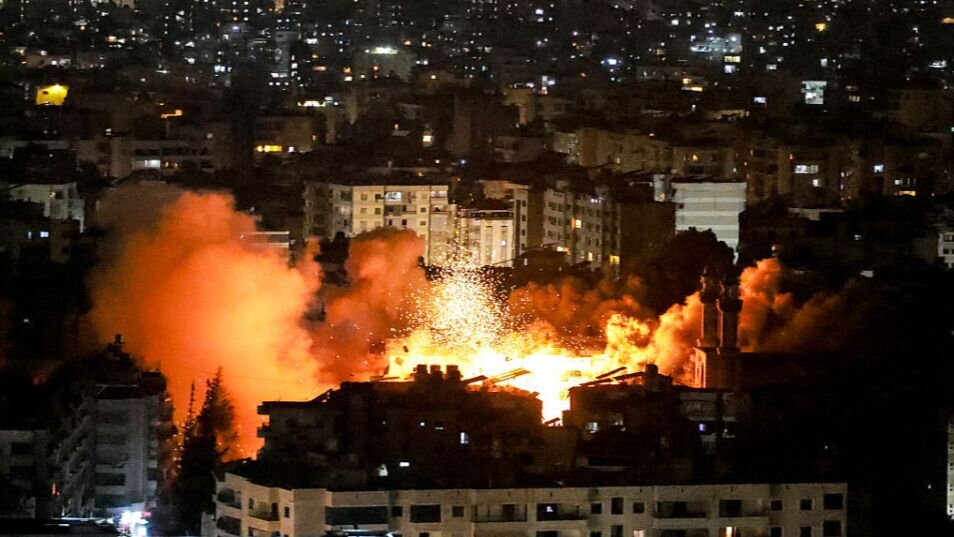
Similar Posts
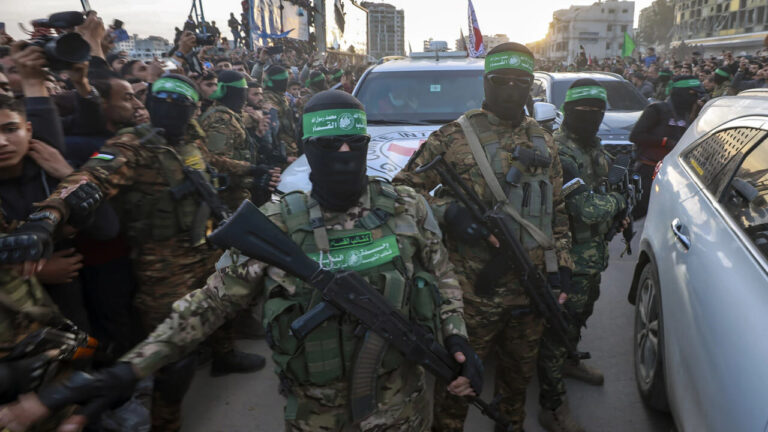
Hamas Unveils Names of Four Israeli Hostages Set for Release This Saturday
The Israeli government has confirmed that Hamas will release four female captives as part of a ceasefire agreement established earlier this month. This development, communicated through mediators, signals ongoing negotiations aimed at de-escalation and potential peace in the region. Scheduled for Saturday, the release is viewed as a goodwill gesture amidst tensions and marks the second round of captive releases since the ceasefire began. While seen as a hopeful sign by some, challenges such as trust issues, sporadic violence, and political pressures remain. The situation’s evolution will be closely monitored by both local and international communities.

Iran Stands Firm: Plans to Keep Uranium Stockpile Amid International Pressures
Iran is resisting a US proposal to transfer its highly enriched uranium stockpile to a third country, such as Russia, as part of ongoing nuclear negotiations. These talks, involving indirect communication between Iranian Foreign Minister Abbas Araghchi and US envoy Steve Witkoff, began in Muscat, Oman. Iran insists on retaining its uranium for national security, fearing vulnerability if the US withdraws from any agreement, as it did in 2018. The discussions highlight tensions and the need for careful negotiation to avoid missteps. The outcome remains uncertain, with significant implications for international relations and Iran’s nuclear program.

Musk Criticizes Ukraine’s Actions in Ongoing Russia Conflict: Did They Go Too Far?
Elon Musk recently expressed concerns about the Ukraine-Russia conflict on his X account, criticizing the Ukrainian government’s approach and emphasizing the humanitarian toll of the war. He stated, “The Ukrainian government has gone too far,” calling for an end to the “endless death in trenches.” Musk also targeted President Zelensky, questioning his legitimacy for canceling elections, suggesting a disconnect between leadership and public sentiment. He highlighted concerns about corruption within Ukraine’s government and contrasted Zelensky’s approach with that of former President Trump, who he claimed sought peace despite corruption issues. Musk’s comments have sparked discussions on political legitimacy, humanitarian needs, and international relations.
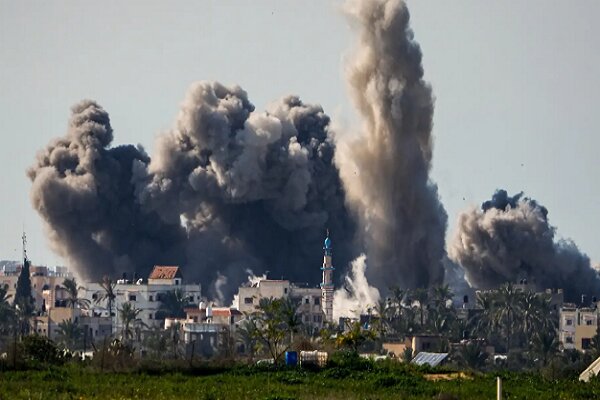
Despite Truce, Violence Erupts in Gaza: Lavrov Highlights Ongoing Conflict
The humanitarian crisis in Gaza has resulted in over 46,000 civilian deaths and around 100,000 injuries amid ongoing violence, according to recent discussions by Russian Foreign Minister Sergey Lavrov. He compared the casualty figures in Gaza to those in Ukraine, noting that Gaza’s toll is significantly higher in a shorter timeframe. Lavrov criticized the underreporting of Ukrainian casualties by its government and allies. In a recent breakthrough, an agreement was reached for a 42-day ceasefire, beginning January 19, involving a prisoner exchange between Israel and Hamas. The international community is urged to support peace efforts in the region.
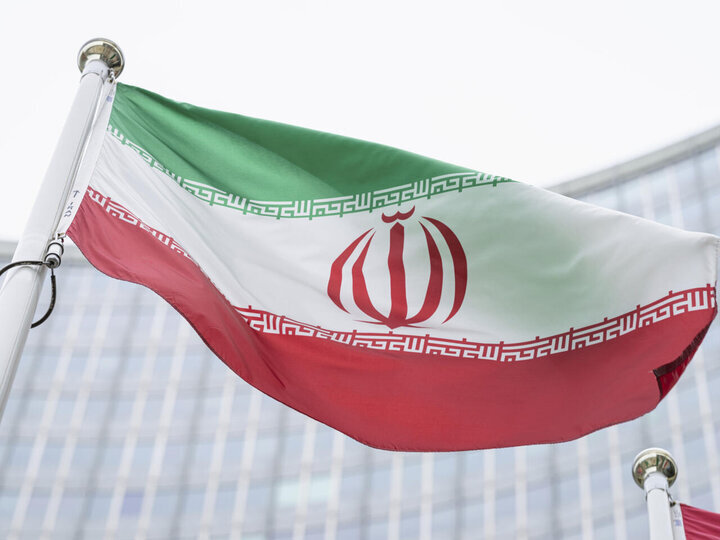
Iran Expresses Interest in Attending Nasrallah’s Funeral: A Significant Gesture of Solidarity
The funeral of Hezbollah leader Hassan Nasrallah, who recently died in an Israeli airstrike, is scheduled for February 23 and has drawn international attention. Iranian officials plan to attend at a high level, emphasizing Nasrallah’s influential legacy in the resistance against Israel. Iranian Foreign Ministry Spokesman Esmaeil Baghaei highlighted the diplomatic significance of the event, indicating Iran’s ongoing support for Hezbollah. The funeral is anticipated to attract attendees from Lebanon and beyond, reinforcing Nasrallah’s impact on regional politics. This event is seen as crucial for understanding future dynamics between Iran, Hezbollah, and regional stability.
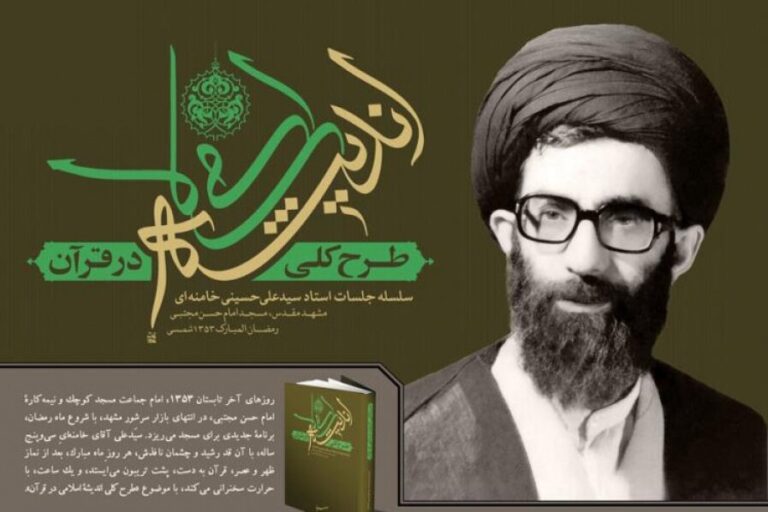
Bengali Edition of ‘Islamic Thoughts in the Quran’ Launched: A Must-Read for Spiritual Seekers!
Iran has advanced the promotion of Islamic literature in Bangladesh with the publication of “Outlines of Islamic Thoughts in the Quran,” a Bengali translation of speeches by Ayatollah Seyyed Ali Khamenei. Translated by Mohammad Isa Shahidi, a notable Sunni scholar, the book aims to bridge cultural and linguistic divides. Published by Multilink Publications, it consists of 300 copies and is expected to attract interest from scholars and religious communities. A launch event, organized by the Iranian cultural attaché, will facilitate discussions on the book’s themes, enhancing accessibility to Islamic teachings and fostering intercultural dialogue in Bangladesh.